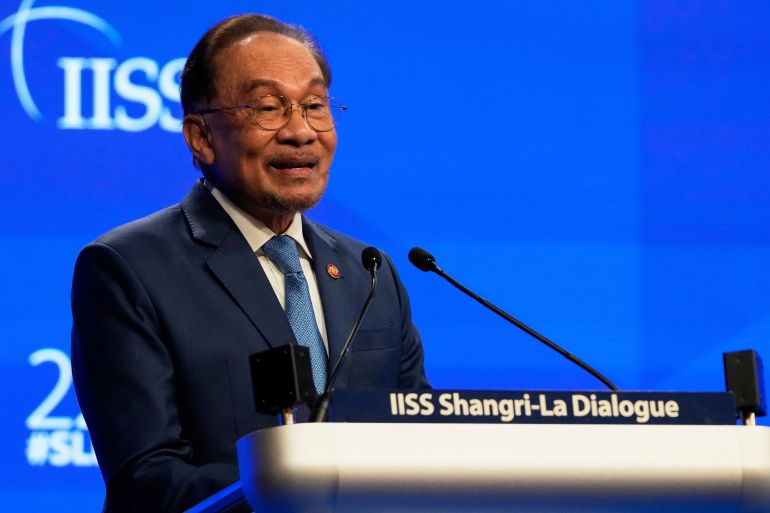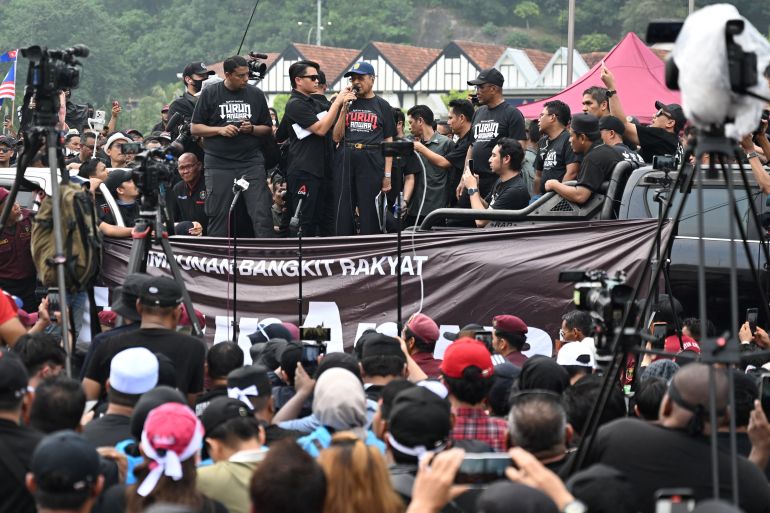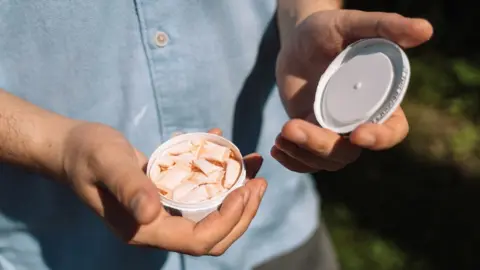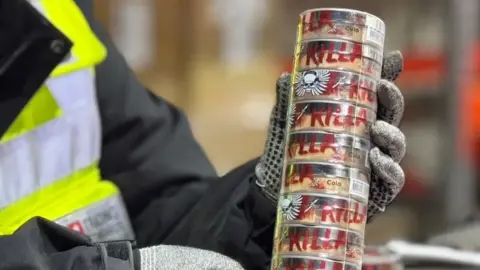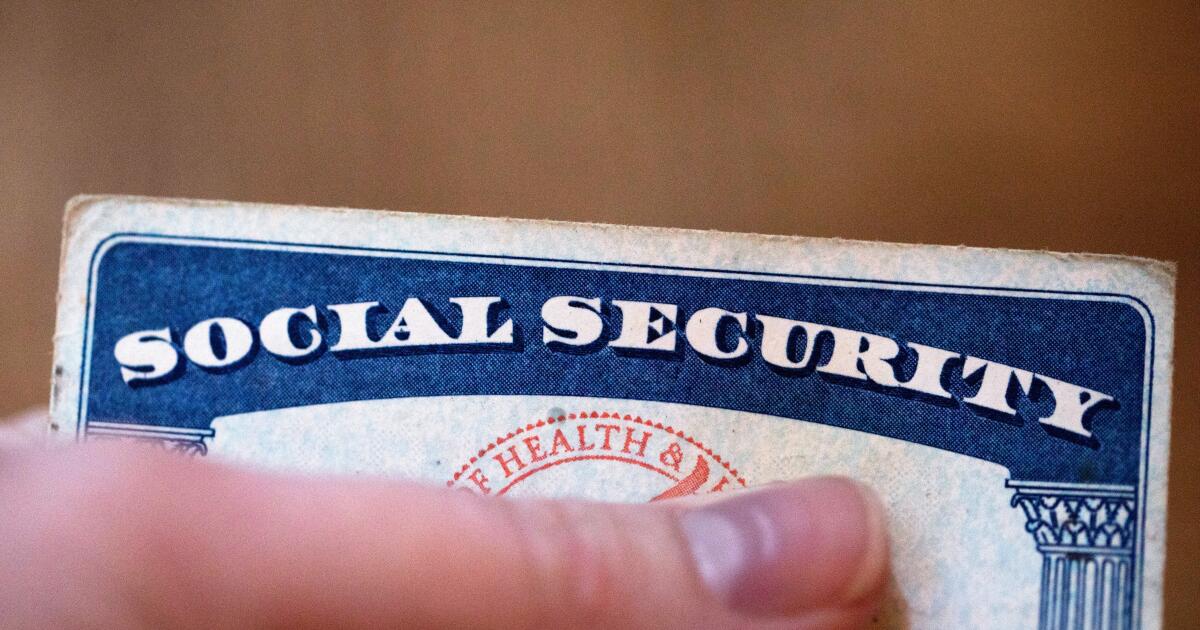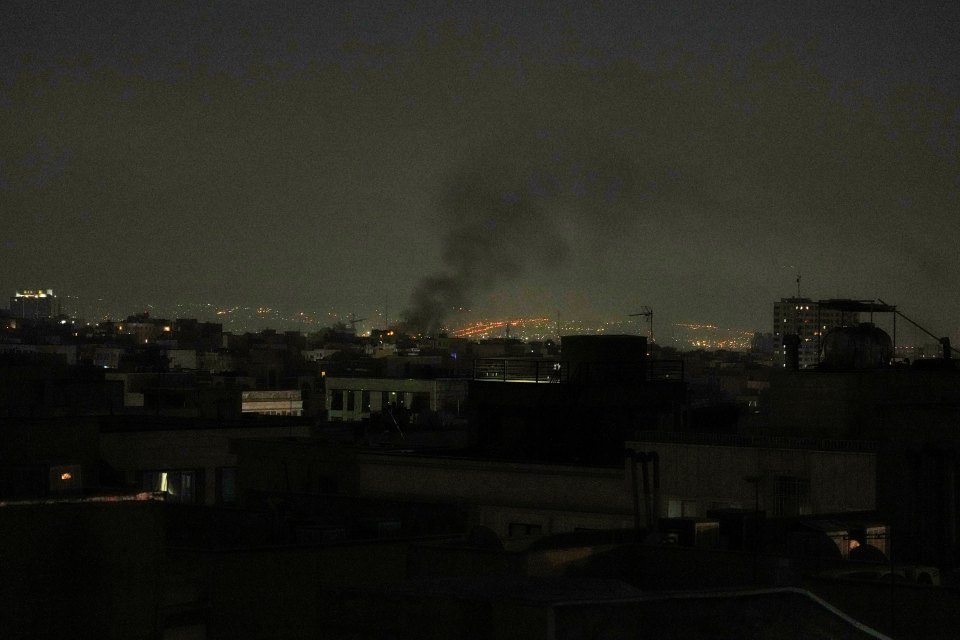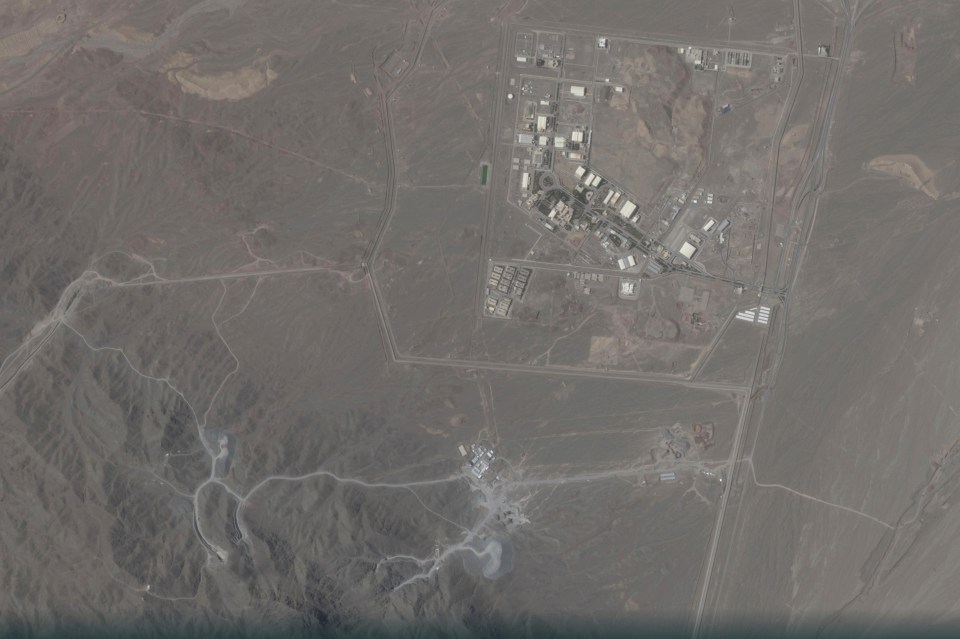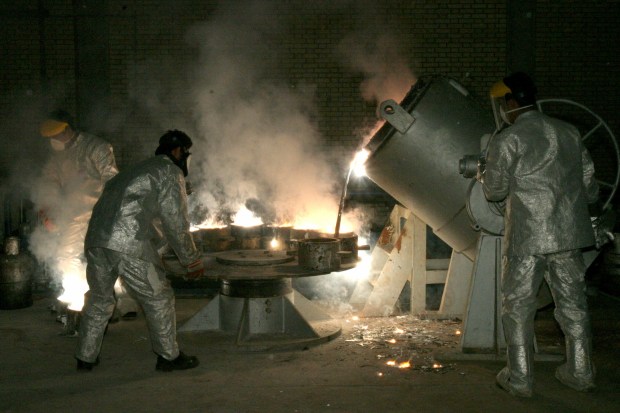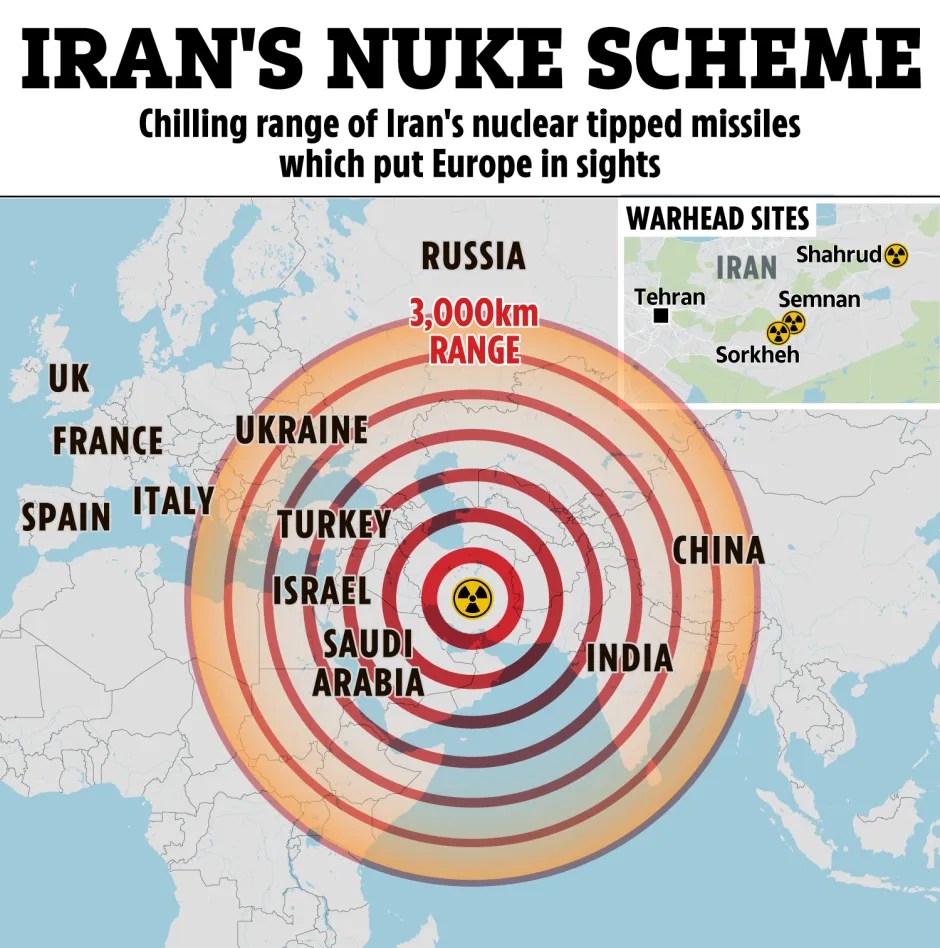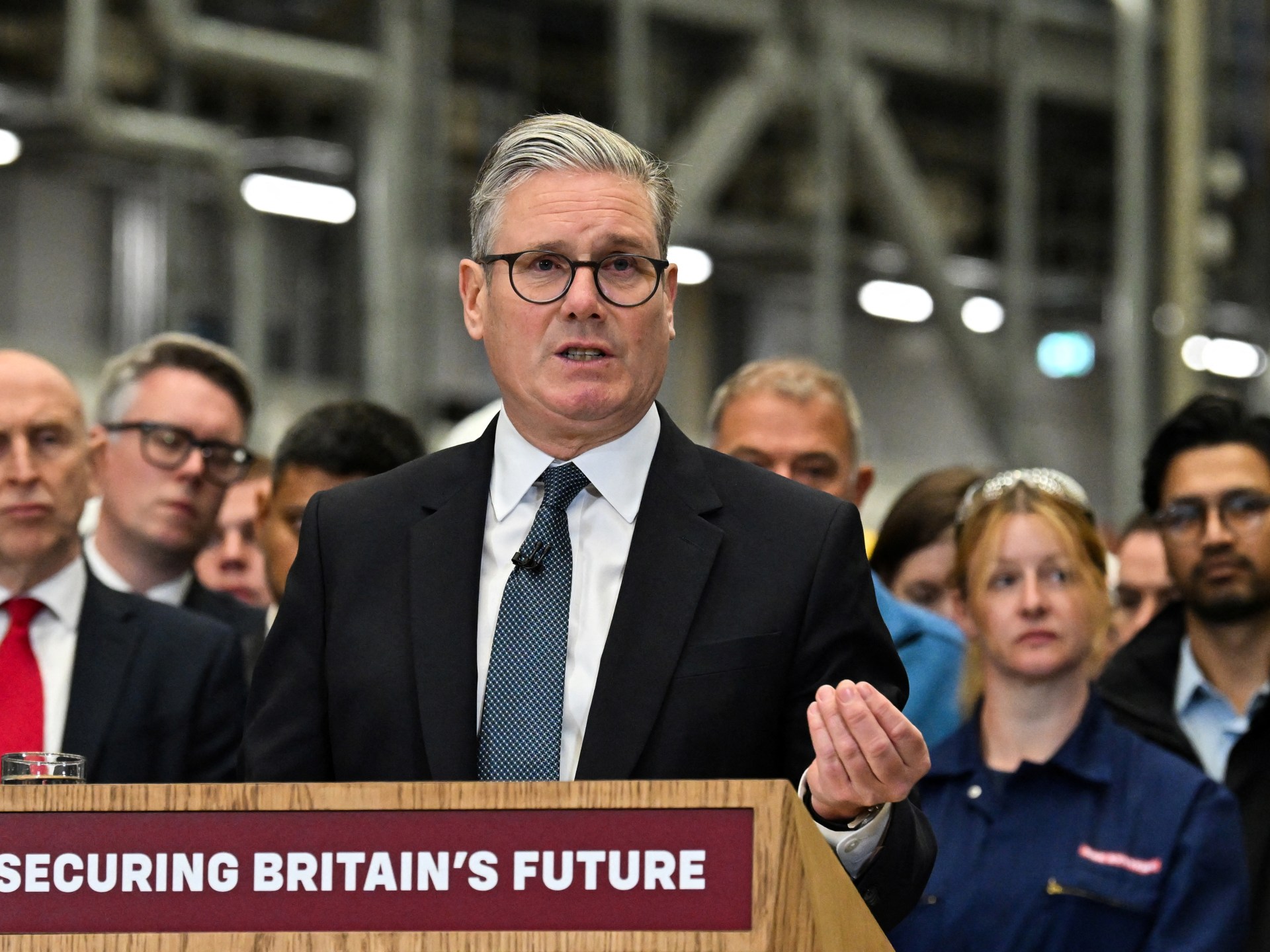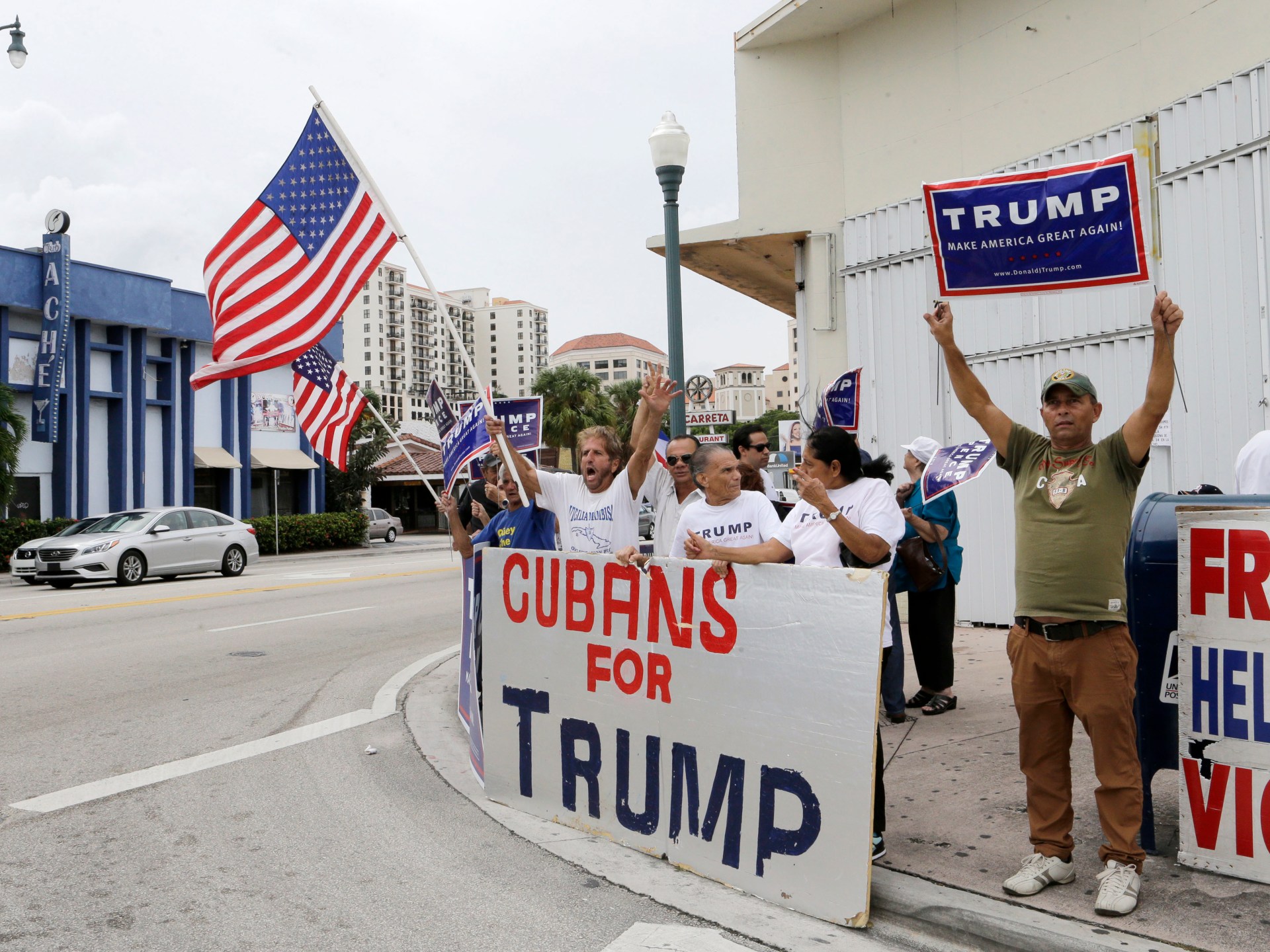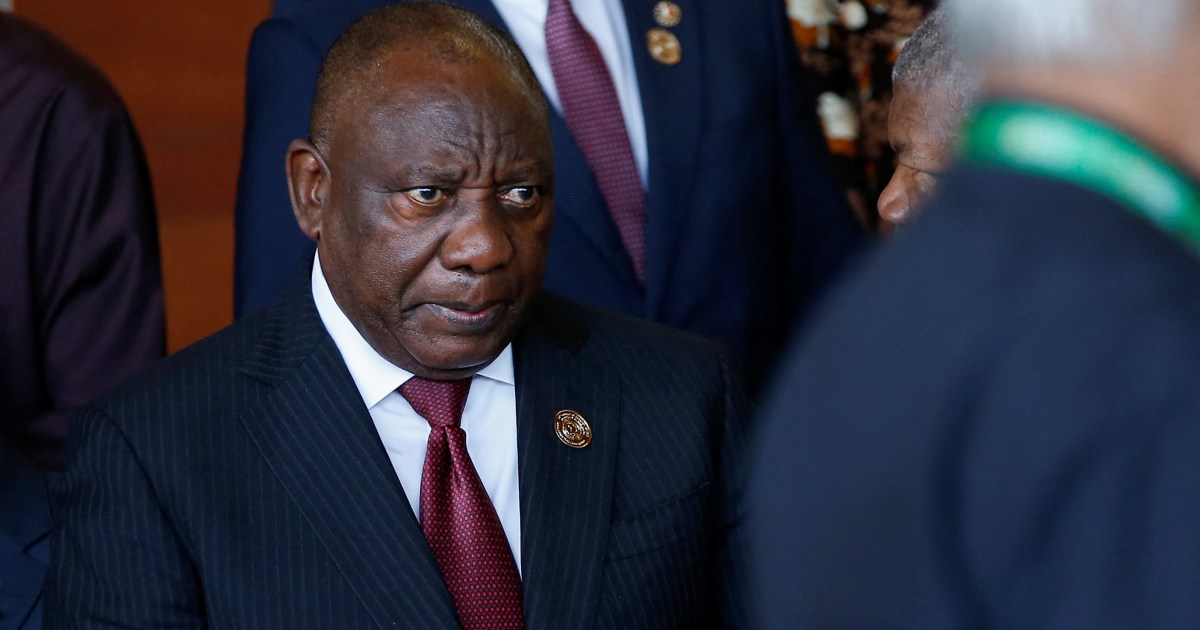Beloved car garage with 100k YouTube subscribers forced to CLOSE after nearly 6 years as owner blames ‘rising costs’
A BELOVED car garage with hundreds of thousands of fans has been forced to close its doors.
The garage is shutting down after nearly six years, after its famous owner battled with “rising costs”.
Joe Betty first set up his famous garage Berrow Motors in 2020, in the sleepy town of Burnham-on-Sea.
During that time, he slowly built up his customer base and started posting videos about motors online – quickly racking up millions of views.
His YouTube channel Shifting Metal takes viewers behind the scenes of his high-flying lifestyle, as he buys and trades luxury vehicles including Porsches, BMWs and Jaguars.
However, after becoming one of the most famous motor influencers in Britain, Joe has been forced to close the garage which helped launch his career.
The petrolhead and influencer says that rising costs are to blame for the sudden closure of Berrow Motors.
He said: “We’ve had nearly six fantastic years here.
“We’ve won awards, gained over 100,000 YouTube subscribers and raised over £30,000 for local causes — but have decided now is the time to move on.”
“The cost of running a business is constantly rising and has certainly played a part in my decision, but I also wish to focus more time on fundraising and other business ventures.”
He added: “I want to thank all of our wonderful customers for their business over the last few years and of course the team members who made Berrow Motors what it was.
“I really hope another motor trader takes over the site and makes a success of it – you couldn’t ask for better landlords than the Welland family.”
Fans flooded the comments section on Shifting Metal’s social media, as Joe broke the news.
One wrote: “sorry to hear that the business is closing down. I wish you and your family all the very best for the future”
Others said they would miss Joe’s hilarious challenges that he would set himself on YouTube.
In one video, he flipped a coin to set the price of a luxury land rover and, in another, he bought and sold a Mercedes C63 for an eyewatering £35,000.
After letting go of the garage, Joe says that he is going to be focusing on producing even more “car-centric” content online.
The news comes as even major car brands struggle to stay afloat.
Nissan has been forced to accelerate the closure of two of its factories in Mexico, as it slashes its number of global factories from 17 to 10.
The crisis-hit brand has been battling rising debt, which it is hoping to remedy through its Re:Nissan plan.
The UK government even threw the manufacturer a lifeline, by allowing UK Export Finance to underwrite a £1 billion loan for Nissan.
It is hoped that the move will keep the Sunderland factory – Nissan’s only site in the UK – open.


